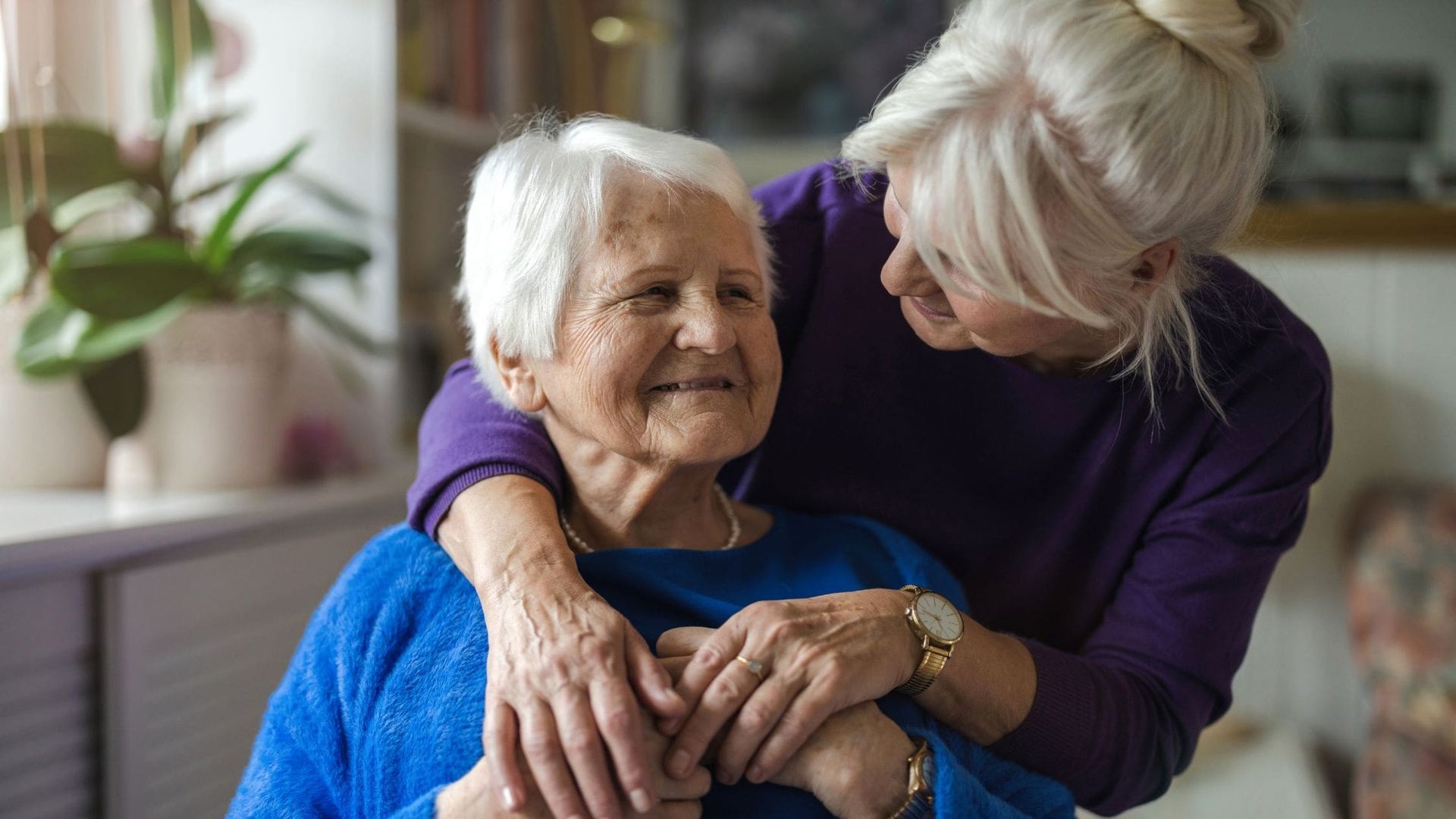How to Tell When It’s Time to Get Help for Your Aging Parent
At some point, many of us are faced with a tough question: Is it time to get extra help for Mom or Dad?
Navigating this transition can feel overwhelming. When your loved one is still mostly independent, it’s often difficult to know when to step in—or if you even need to. But spotting the early signs that your aging parent may need assistance can make all the difference in protecting their quality of life—and easing your own worries.
Here are some of the most common signs that it might be time to get help for your aging parent from family members or professional caregivers.
1. Changes in Hygiene
Have you noticed your loved one wearing the same outfit for days at a time or avoiding regular bathing? They might be finding it difficult to manage tasks like doing laundry, maintaining personal grooming, or safely moving around the bathroom. Often, pride or embarrassment prevents seniors from admitting they need help. In these situations, small adjustments—such as adding handrails, a shower seat, or extra support—can make daily routines safer and more manageable, while emotional support and encouragement can go a long way too.
2. Changes in Appearance
Noticeable weight loss or gain may point to challenges with grocery shopping, meal preparation, or making healthy food choices. Likewise, if a parent who was always neat and polished now appears disheveled or unkempt, it could signal cognitive decline or emotional struggles. These changes in appearance are important cues that additional attention or support may be needed.
3. Mobility Challenges
If your loved one has difficulty getting in and out of the car, needs frequent breaks during short outings, or avoids using stairs altogether, it may be time to look into mobility support. Solutions could range from physical or occupational therapy to improve strength and balance, to introducing mobility aids like canes or walkers, or even making home modifications to create a safer, more accessible environment.
4. Trouble Managing Finances
Missed bill payments, unusual spending habits, or an increase in calls from creditors can all be signs that managing finances has become overwhelming. Sadly, older adults are often targeted by financial scams as well. If you notice these warning signs, it might be time for a trusted family member to step in and assist with financial management or put safeguards in place to protect your loved one's resources.
5. Decline in Housekeeping
If your once-neat parent has stopped vacuuming, doing laundry, or keeping up with household chores, it could be a sign that physical limitations—or cognitive challenges like dementia—are making these tasks difficult. A little clutter is normal, but if their living space becomes unsanitary or unsafe, it’s a clear signal that extra help is needed to maintain a healthy, safe home environment.
6. Withdrawal from Social Activities
Emotional health is just as vital as physical well-being. If your loved one is pulling away from friends and family, skipping church, or no longer participating in activities they once enjoyed, it may be a sign of depression, anxiety, or early cognitive decline. Social isolation can have a serious impact on overall health, and additional support may be necessary to help them stay connected and engaged.
7. Cognitive Changes
Increasing forgetfulness, poor decision-making, difficulty with daily choices, or noticeable shifts in mood or personality are often early warning signs of cognitive decline. While occasional forgetfulness can be normal with age, more persistent changes should not be ignored. If you notice multiple concerns, it’s important to consult a doctor. Early diagnosis can open up more options for treatment and better management of cognitive conditions.
Trust Your Intuition
Above all, pay close attention to any changes in your loved one’s normal habits or behavior. If something feels out of character—like thinking, "Mom never used to do that," or "Dad never used to forget these things"—it's important to take note. An occasional slip isn’t usually a reason to worry, but when unusual behaviors become frequent or start piling up, it’s time to act. Seeking help early can lead to better treatment options and a better outcome for your loved one.
You’re Not Alone in This Journey
If you’re beginning to wonder whether your aging parent needs help, No Place Like Home Senior Services is here for you. Our team is dedicated to guiding families toward the right care solutions—whether that means short-term assistance or developing a more structured long-term plan.
If you've noticed changes that suggest your aging parent could use extra help, schedule a consultation with us today. We’ll walk you through your next steps and help you create a plan that protects your loved one’s independence, dignity, and quality of life.
Remember, asking for help isn’t a sign of giving up—it’s a sign of deep care. And we’ll be with you, every step of the way.
Please contact Irene with No Place Like Home Senior Services at 919-762-0035.










